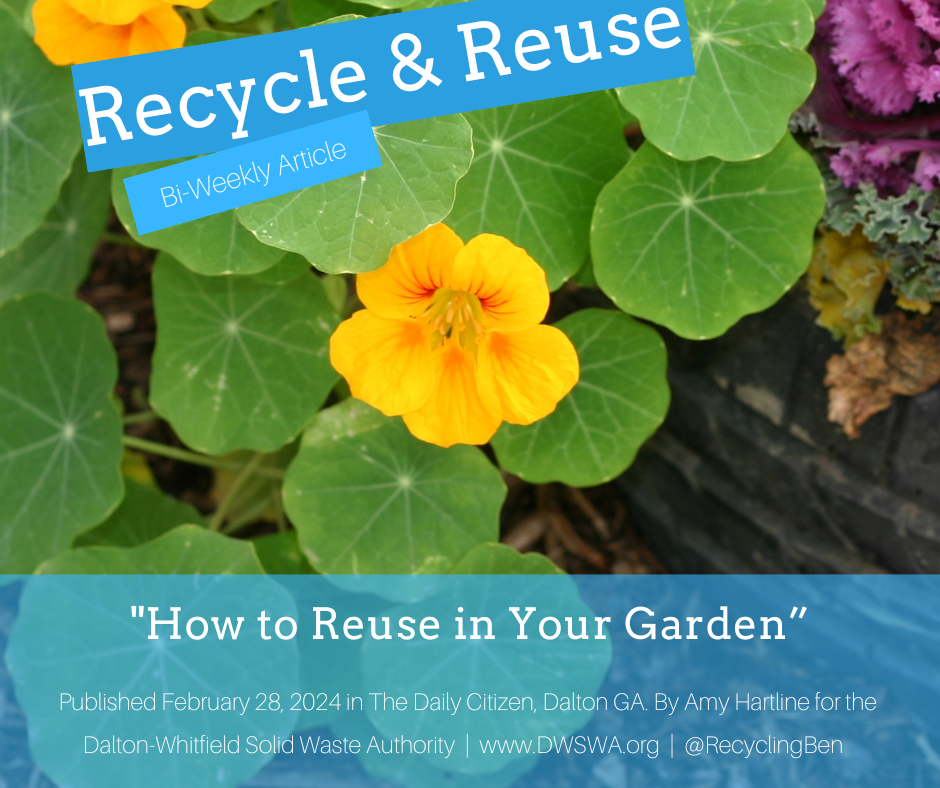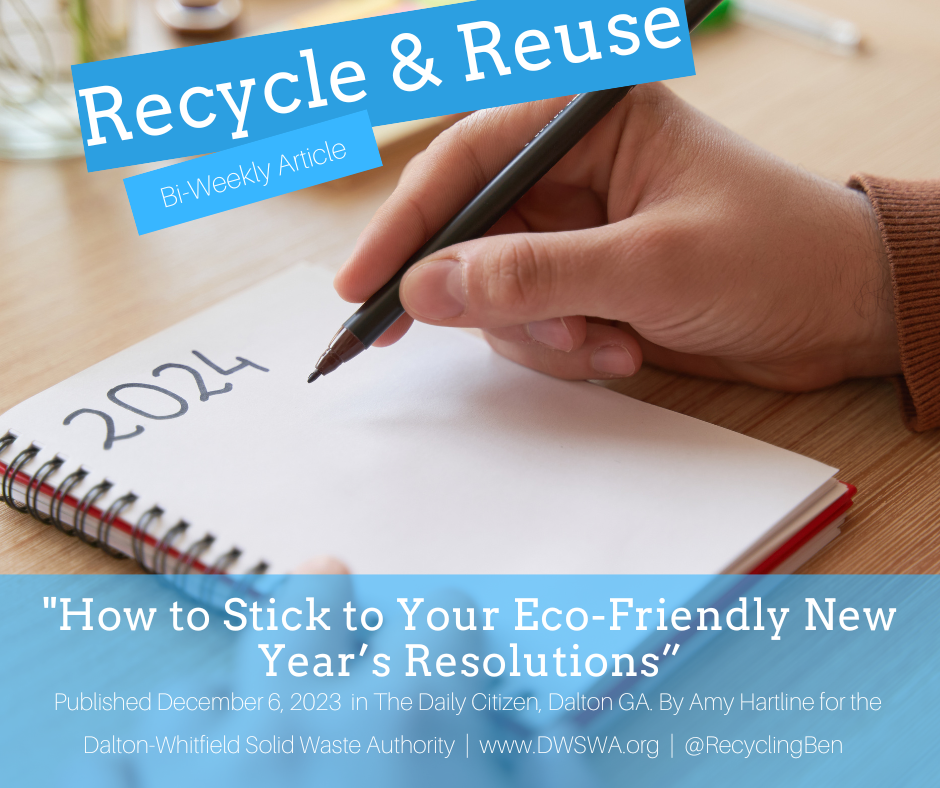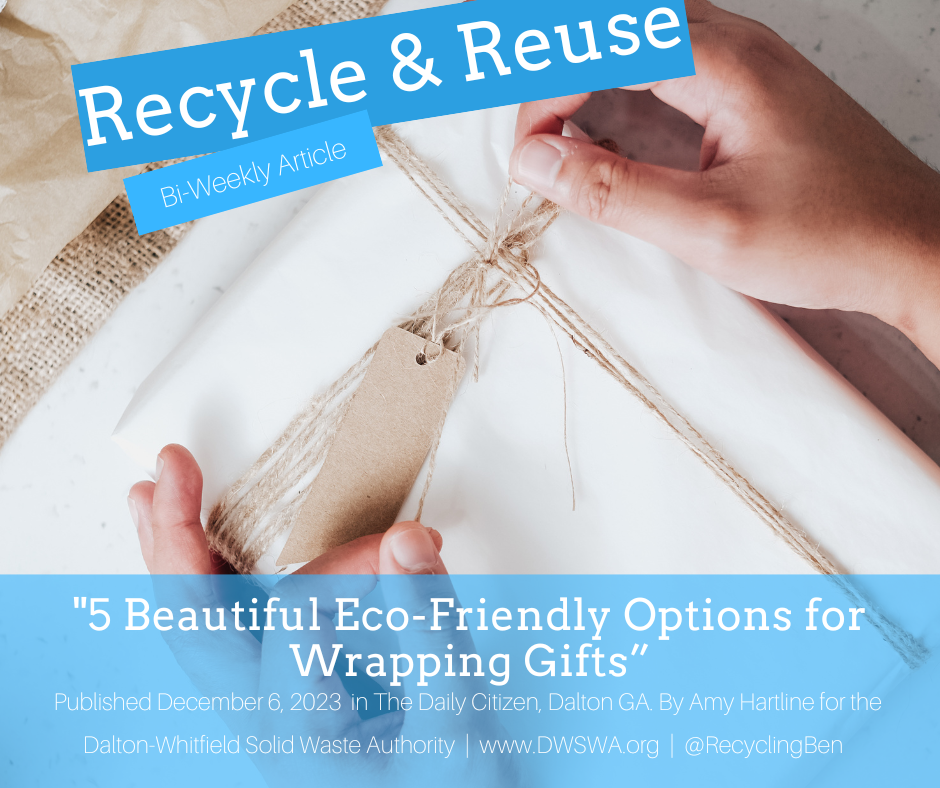Tips for a Low Impact Vacation
/Packing light is one way to reduce the environmental impact of your vacation. Instead of packing something for every possible scenario, pack less. If you need something you can usually buy it there.
With school out and several major holidays, festivals and events popping up on the calendar for the summer - it’s the perfect time of year to go on vacation with family or friends. Long vacations and even short day trips can take a toll on the environment, especially in the area of transportation. Here are some tips for a low impact vacation that will make your family and the planet smile. Environmentally friendly actions usually are low-cost and easy to implement. You may be doing some of these already.
As you go about traveling this summer keep the three R’s in mind to help you make smart, low-impact choices. Reduce, reuse, recycle is traditionally applied to the household garbage disposal and recycling choices. But, you can also apply this to travel. For instance, you can reduce the amount of fuel you burn by cycling or walking at your vacation destination instead of driving. And, you can reuse by renting or borrowing an economy car to use less fuel than a larger vehicle.
When traveling by car consider carpooling to your destination if at all possible. Having two or more people in the vehicle qualifies you to use the HOV (high occupancy vehicle) lane on the interstate which may also save you some time and improve your fuel mileage. Packing light reduces the amount of the weight on a vehicle and also helps fuel mileage. This obviously applies to packing clothing, but don’t forget about food. Depending on where you are going you can purchase snacks and other supplies after you arrive.
Properly secure luggage and accessories on your pickup truck (or other vehicle) to help keep roads clean and safe. Before you get on the road inspect your vehicle to make sure loads are secured, covered, and properly tied down. When you stop for fuel or at a rest area take the opportunity to check the load again to ensure that nothing has come undone while you were driving. Ask yourself if you would feel safe driving behind your vehicle.
Avoid littering the roads by keeping a trash bag inside your vehicle. When you get to a rest area look for the receptacles to properly dispose of the trash. Many rest areas now have recycling bins too, so be sure to look for signage indicating what can be recycled at each stop. Most will have at least a bin to recycle plastic bottles and aluminum beverage cans. Keep in mind that not all communities recycle the same things, follow directions closely.
Reduce the amount of trash you’re making during your trip by using reusable water bottles instead of disposable plastic water bottles. Reusable shopping bags are an excellent alternative to plastic bags that can do double duty by helping you carry back the things you bought while on the road. If you’re camping, consider taking reusable plates and utensils instead of disposable paper plates so you’ll have less to throw away.
If you decide to fly instead of drive to your destination, look for flights that are non-stop or have the fewest stops possible. A large portion of a plane’s carbon emissions come from the landing and takeoff, so the fewer stops a plane has the less pollution it will cause. When booking your flight consider purchasing carbon credits to offset greenhouse gas emissions and reduce the environmental impact of your flight.
While at your travel destination choose to support the community by eating locally grown foods. Whether you dine at a special restaurant or go shopping at a farmer’s market, locally sourced or locally grown foods travels a shorter distance compared to many foods sold in a grocery store. Less distance equals less fuel wasted and less pollution. Locally grown also means you’ll experience more of the local flavor that makes that particular destination unique.
At the hotel continue to follow the same energy saving practices you would at home. Turn off the lights when you leave the room, and unplug electronics that are fully charged. If possible, turn off or increase the temperature of the air conditioner so it won’t cool an empty room. In the bathroom turn off the water faucet while you brush your teeth, and keep showers short.
Many hotels participate in programs that encourage guests to reuse bed sheets and bath towels during their stay to help conserve energy and water. Be on the lookout for recycling bins for paper, plastic, and aluminum in the hotel lobby, dining area, and your room. Some hotels also collect used hotel soap for recycling with the organization Clean the World. Your participation in these green efforts will add up to low impact vacation that benefits everyone.
































